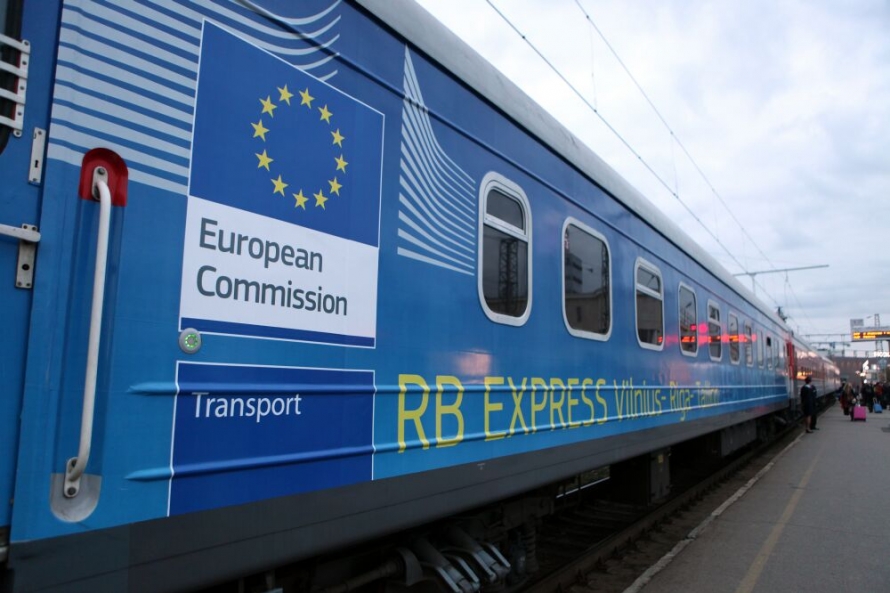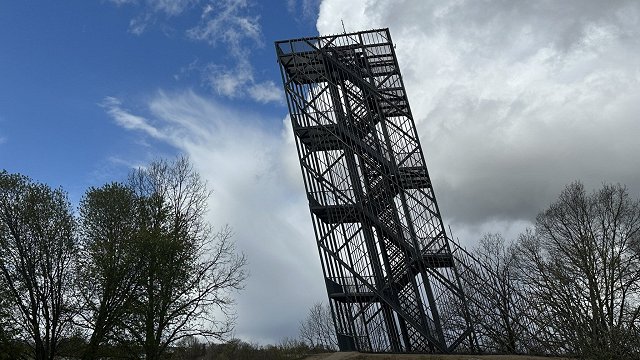Speaking after a presentation of the proposed project at the Latvian national railway museum in Riga, Latvian Prime Minister Laimdota Straujuma said "In October we will sign an agreement between our coutries on a new Baltic Way to link our states by rail. It is a very symbolic and significant step."
Estonia's Taavi Roivas stressed the economic role of the new link, saying: "Rail Baltica is also about economy and the possibiities to further trade. All of our countries do most of their trade with European Union partners so any link that helps us get goods to other countries cheaper and more quickly is important."
Lithuanian Prime Minister Algirdas Butkevicius said it was important that the European Union would provide the lion's share (85%) of the project's financing.
"The establisment of the Rail Baltic joint venture is only the first step... we have to obtain funding for the project," a process the prime ministers said would begin in earnest in "early 2015" when detailed plans are submitted to the European Commission for approval.
"We all hope the European Commission in its turn will finance Rail Baltica to its maximum level," Butkevicius said.
When complete - which according to the plan will be "by 2025", travel times between the Baltic capitals should be slashed, and further links in neighboring countries should eventually make it possible to travel from Berlin to Tallinn by rail, with the option of going on to Helsinki by ferry.
The Baltic states' railway networks are currently of limited size and based on Russian-gauge tracks and mainly outdated Soviet-era rolling stock and infrastructure.
Rail Baltica is among 30 priority transport projects identified by the European Union.
Completion of the project, projected for 2025, is expected to cost 3.7 billion euros.




























